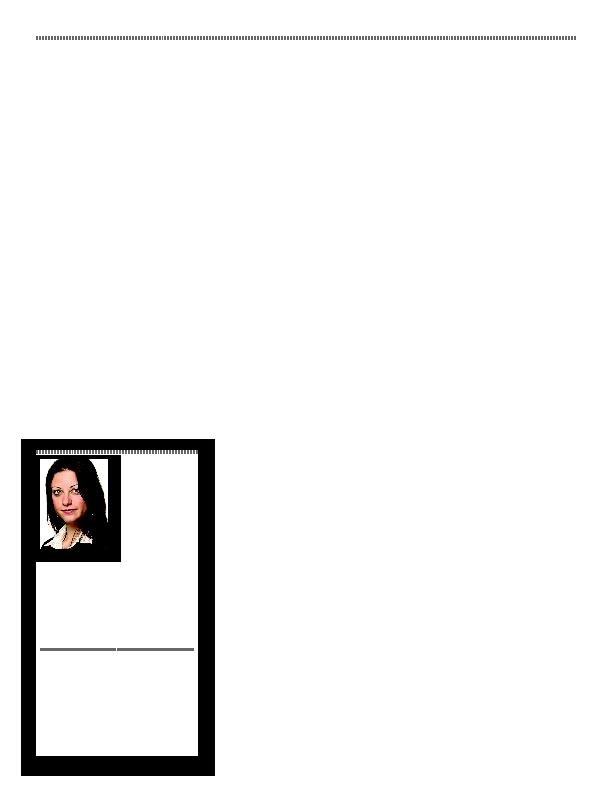
Commercial Contracts
an international commercial contract
is determining what the applicable law
should be. It is necessary for the parties
to be aware of the set of rules governing
the contract during its execution, as well
as in any possible disputes related to the
specific legal relation which may occur.
According to the United Nations
Convention on Contracts for the
International Sale of Goods (CISG)
(Vienna, 1980) contracts are classified
as "international" when the parties
concluding the agreement come from two
or more different countries (Article 1(1)
(a)). For a contract to be identified as
"commercial," each party must be acting
in the exercise of its trade or profession.
the parties involved to determine the
applicable law to such contracts. First
of all, they could expressly choose a
governing law by making a reference to it
either in the main contract or in a separate
agreement on choice of law. Either a
specific national legal order (for example,
French law) or a supranational legal order
(for example, UNIDROIT principles of
international commercial contracts) could
be chosen. The power of the contracting
parties to select the applicable rules
is referred to as "party autonomy."
The advantages of that concept are
significant since it provides parties with a
considerable degree of certainty and the
ability to foresee, to a large extent, how
any future disputes under the contract
would likely be determined. (Herbert
Smith Freehills LLP, 2010). Moreover, the
choice of law agreement would be used
by the national courts, arbitral tribunals
or any other forums deciding a possible
future dispute to interpret the contract and
determine the rights and legal obligations
of the parties flowing from it. Thus, it is
advisable for the parties to seek specific
legal counsel in order to be aware of the
set of rules best suitable to govern the
transaction. It is important to note that
"party autonomy" has some limitations.
It does not exclude the application of
imperative rules relevant to the specific
legal relation which are a part of a legal
order different from the chosen one, i.e.,
where the parties' express choice of law
and imperative rules are in conflict the
latter shall prevail.
of law, unified international rules in the
field of commercial contracts would be
applicable. The main source of such
rules is the United Nations Convention
on Contracts for the International Sale
of Goods (Vienna, 1980) which regulates
matters in the field of international private
law. As of May 2017, it has been ratified
by 85 states that account for a major
proportion of world trade, thus making it
one of the most successful international
uniform laws. The CISG applies to
contracts of the sale of goods between
parties whose places of business are in
different countries when the countries
are Contracting Countries (Article 1(1)
(a)). Furthermore, its rules are directly
applicable and exclude the application of
other national or transnational rules (apart
from the mandatory ones). The contracting
parties may exclude the application
of the Convention only expressly or
by indicating clearly that the law of a
third non-contracting country would be
applicable. It is important to be noted that
the Convention itself establishes its own
primacy over the applicable law, indicated
by the conflict-of-law rules, i.e., it is
sufficient to establish that the Convention
is applicable to a specific contract in
order to avoid the application of conflict-
of-law rules.
The last possible approach in
determining the applicable law to an
international commercial contract in
cases where the parties have not expressly
chosen a governing law is applying the
"conflict of laws" rules. The general
principle is the applicable law would be
Drenski, Nedelchev & Co./Lex Locus, where she
focuses her practice on developers and investors,
competition, public-private partnership, energy,
corporate law and contracts.
98A, Knyaz Boris I, Str.
Sofia, Bulgaria 1000
lexlocus.com